HBO Used Fake Accounts To Attack TV Critics
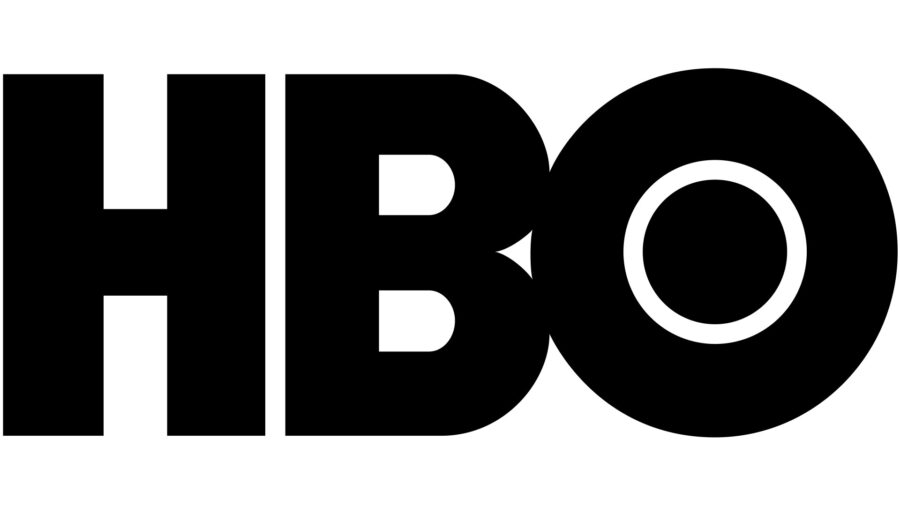
Rolling Stone has uncovered a series of text messages that suggest HBO executives, including CEO Casey Bloys, used a secret army of fake Twitter accounts to combat criticism from critics and manipulate online conversations about programming. These revelations emerged as part of a wrongful termination lawsuit filed by former HBO staffer Sully Temori against HBO and senior executives.
Casey Bloys And Perry Mason
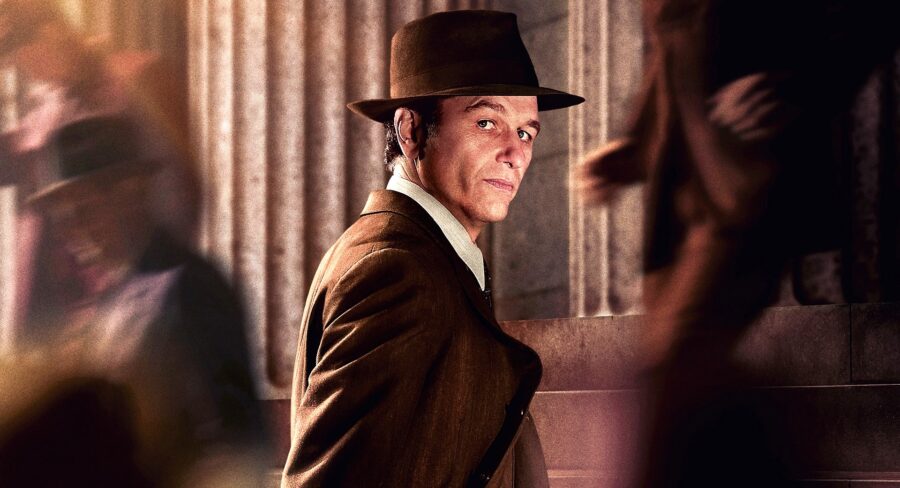
The messages provide an unprecedented look behind the curtain of the entertainment industry’s upper tiers and expose a culture of online manipulation, harassment, and discrimination.
The controversy began in June 2020 when HBO’s then-president of original programming, Casey Bloys, was irked by a tweet from Vulture critic Kathryn VanArendonk, who criticized HBO’s series Perry Mason.
Secret Social Media Handles
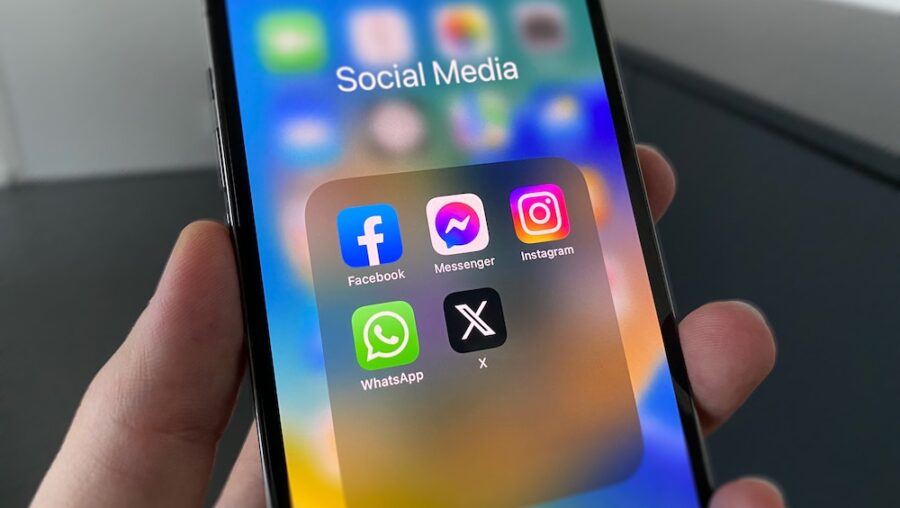
Troubled by the criticism, Bloys contemplated using a “secret army” of fake Twitter accounts to respond to critics. “Maybe a Twitter user should tweet that that’s a pretty blithe response to what soldiers legitimately go through on [the] battlefield,” he told Kathleen McCaffrey, HBO’s senior vice president of drama programming, via text.
“Do you have a secret handle? Couldn’t we say, especially given that it’s D-Day to dismiss a soldier’s experience like that seems pretty disrespectful … this must be answered!” the message continued.
While they did not take action against VanArendonk in this case, the uncovered text exchanges reveal at least six instances where the HBO executives used this covert strategy to defend their programming.
HBO Doesn’t Deny It
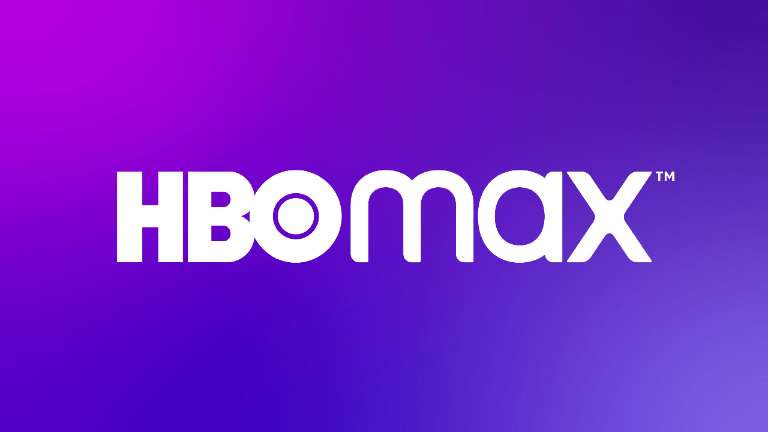
The text messages reviewed by Rolling Stone have been authenticated and linked to Kathleen McCaffrey, HBO’s senior vice president of drama programming.
HBO did not dispute the legitimacy of these messages, with a spokesperson saying the company would not “comment on select exchanges between programmers and errant tweets.”
Attacking Television Critics

The revelations also shed light on the extent to which Bloys and his team would go to defend HBO’s programming. They not only attacked television critics but also targeted anonymous commenters on articles about HBO shows.
In one instance, Bloys sought to respond to criticism of the show Run by creating a fake account to suggest that HBO had “passed on their development, and they are bitter.”
The Idol Script Writer

The text messages are part of a wider lawsuit filed by Sully Temori, a former HBO employee, who alleges that he faced harassment, retaliation, and discrimination within the company after disclosing a mental health diagnosis.
Temori’s attorney, Michael Martinez, argues that the text messages are indicative of the “very petty” company culture that eventually turned on his client.
The lawsuit also claims that Temori was subjected to discriminatory behavior, and harassment, and even made to create fake online accounts to respond to critics’ comments.
According to Martinez, when Temori started to push back against mistreatment, HBO executives convinced him that he was being given a better career opportunity and offered him a position as a script coordinator on The Idol.
Wider Concerns
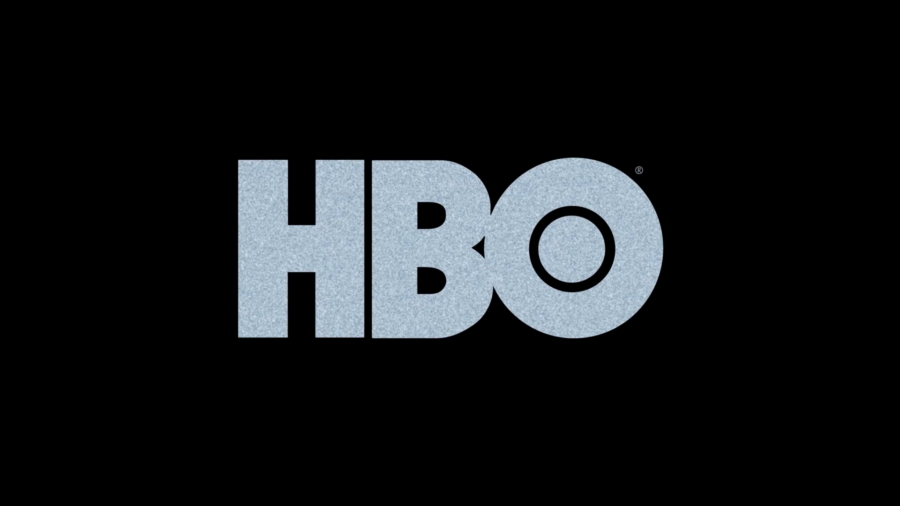
While HBO has denied these allegations and requested the dismissal of the complaint, the revelations from the text messages shed light on what can only be described as a deeply concerning culture within the company.
The lawsuit also highlights broader concerns about the entertainment industry’s use of fake accounts and manipulation to control public opinion.
Recent reports of practices in the movie industry where PR firms have manipulated ratings and reviews are concerning. Companies like HBO must be held accountable for their actions to ensure that employees are not subjected to discrimination, harassment, or unethical practices.












